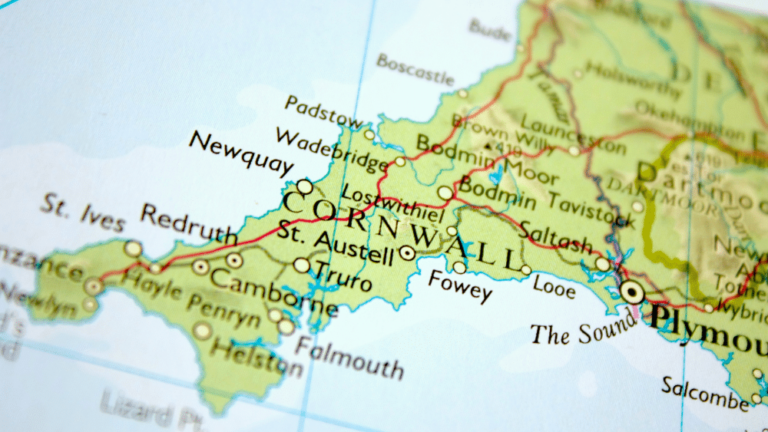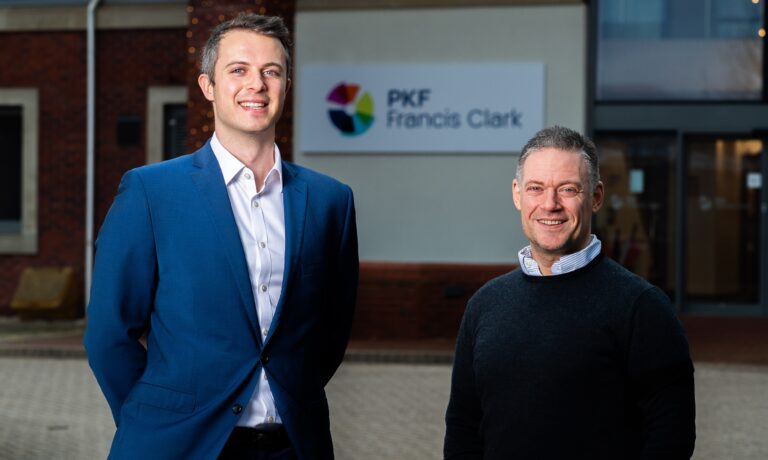
The Enterprise Investment Scheme (EIS) and Seed Enterprise Investment Scheme (SEIS)
A reminder of the basics
The enterprise investment scheme (EIS) and seed enterprise investment scheme (SEIS) – a timely reminder of the basics
Given the current level of business angel and related equity investment, and predictions that this is going to increase in 2021, we thought anyone considering raising investment in an SME might benefit from a reminder of the basics of the Enterprise Investment Scheme (EIS) and Seed Enterprise Investment Scheme (SEIS). I may follow this blog up in due course with some additional points arising from my experience on assisting clients with Advance assurance from HMRC.
What are they?
These are government schemes to encourage investment into start-ups which may find it difficult to source conventional funding. Both the EIS and SEIS schemes offer an opportunity to receive an income tax break and capital gains tax exemption for investors by investing into shares in early stage companies. The tax breaks mean in effect that the government is accepting part of the risk on your investment. The schemes are considered state aid.
For start-ups
If you have a start-up company, you may wish to ask family and friends to invest by paying money in for newly issued shares. Although immediate family (parents or children) of someone owning more than 30% of the shares and employees of the company won’t qualify for the tax relief, more remote family and friends may qualify.
If you wish to put money into your own company, as long as you don’t hold more than 30% of the share capital (you can ignore the initial subscription shares) you may qualify for SEIS relief. For example, a group of four people beginning a company and investing equally all have the potential to qualify for SEIS relief. There is an employee restriction that is lifted for paid directors of an SEIS company.
The maximum SEIS investment that can be received by the company is £150,000 within 2 years of beginning to trade. For an individual the maximum SEIS investment per tax year is £100,000.
SEIS tax breaks for the individual
- Up to 50% income tax relief on the investment
- A capital gains tax exemption on the eventual sale of the shares if they have been held for 3 years
- Capital gains tax reinvestment relief is available when gains arising on the disposal of any asset are reinvested in shares in a company on which SEIS income tax relief is received. This relief enables an individual who has disposed of an asset to treat a maximum of 50% of the gain as exempt from CGT. The maximum amount of reinvestment relief that can be claimed is £50,000.
- There are various criteria to meet, such as being a UK taxpayer.
For older companies
For older companies, within the first 7 years (usually) since the company began trading EIS tax relief may be available for investors. It is also available for companies that have exhausted their SEIS funding. As with SEIS relief it is not available for connected persons but in some cases directors will qualify, either as unpaid business angels or in some circumstances as paid directors – it’s worthwhile checking the rules before an investment is made.
The maximum EIS investment for the company is usually £5m per year or £12m total investments. These limits can be extended for some companies considered to be knowledge intensive. For individuals the maximum EIS investment they can make each year is £1m.
EIS tax breaks for the individual
- Up to 30% income tax relief on the investment
- A capital gains tax exemption on the eventual sale of the shares if they have been held for three years
- Capital gains tax deferral relief is available when gains arising on the disposal of any asset are reinvested in shares in a company on which EIS income tax relief is received. This is also available to some connected parties even if they cannot claim income tax relief.
- There are various criteria to meet such as being a UK taxpayer.
Follow on funding
Companies older than seven years may sometimes be able to access EIS funding, please contact us for more information.
Process
Advance assurance from HMRC is available to give investors confidence that the company is expected to meet the criteria for SEIS/EIS investments. Advance assurance cannot be applied for after the investment has been made but can be applied for before any prospective investment into new shares in the company.
We haven’t covered the detailed company criteria here, but broadly the company must be a trading company and not within certain exclusions, such as some financial companies. There are a further series of regulatory requirements that most early stage trading companies will meet. Applications for advance assurance must be submitted in a specified format to HMRC and confirmation is usually received in two to four weeks.
Once the SEIS or EIS investment has been made, the company will submit forms to confirm the SEIS/EIS status of the investment and should then receive confirmation back from HMRC. That confirmation is then used by the individual investors when filing their annual tax returns.
Conclusion
The legislation surrounding EIS/SEIS can be seen as complex and that is a reflection of the significant tax breaks offered to investors and the state aid status of the relief. However, around £2bn of EIS investments and £200m of SEIS investments are made annually, and it is a valuable source of funds for companies and of tax relief for investors.
PKF Francis Clark are members of the EIS association and experienced in dealing with companies seeking SEIS/EIS investment and investors claiming SEIS and EIS tax relief. Please contact Stuart Rogers or Kate Culley if you wish to discuss an SEIS or EIS investment for your company.
Written by












